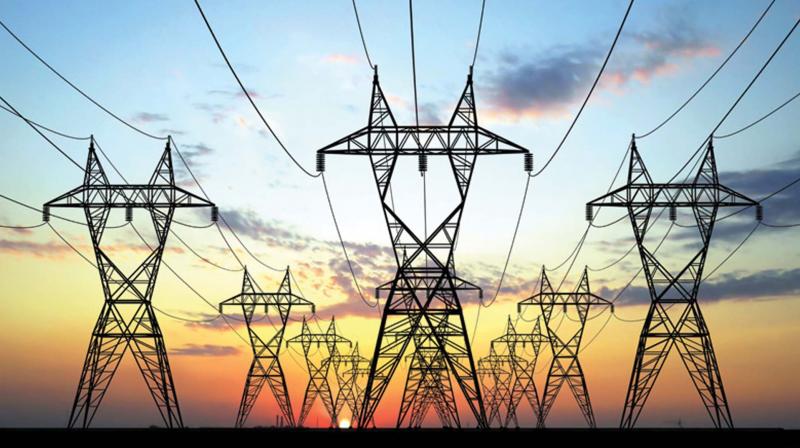Kerala: Energy efficiency cess in pipeline

Thiruvananthapuram: The state government is toying with the idea of introducing an ‘energy efficiency cess’ on power consumers. The money so mobilised will be pumped into energy conservation projects. The proposal, mooted by the Energy Management Centre and now under the consideration of the Electricity Regulatory Commission, recommends a cess of one paise for every unit of electricity sold. The cess is expected to raise at least Rs 20 crore annually.
The cess is mainly to support a slew of energy-saving schemes devised by Energy Management Centre, a statutory body established to think up energy conservation programmes for the state. EMC’s major energy-efficiency projects include: Energy audit subsidy scheme; Interest buy-down scheme for Indus-tries; Energy efficient appliance financing scheme for domestic customers; Energy efficiency grant scheme for public sector projects; Perfor-mance contracting sch-eme for public sector projects; Partial credit guarantee scheme; Publicity campaigns for demand side management.
The cess is to be credited in the Kerala State Energy Conservation Fund, which will be administered by the EMC. “Conservation has become a matter of great urgency in Kerala where the demand-supply gap is growing rapidly,” a top EMC official said. A study conducted by the EMC had found that there has been a 250 per cent increase in commercial buildings in the state in the last five years.
“Further, if energy consumption is not drastically curtailed, there is the danger of the state having to depend on costly power from outside in the years to come. The share of costly thermal power in the state’s energy mix could also go up,” the official said.
Mr Francis Xavier, a power consultant with a steel firm, said that ‘green energy cess’ was looked upon internationally as the best means to create a sustainable funding mechanism for energy conservation programmes. In India, Union Territory of Puducherry, Gujarat and Maharashtra have already begun steps to introduce ‘green energy cess’. In fact, the state’s Draft Renewable Energy Policy 2011 had mooted a ‘green energy cess’, but it was not taken up.

